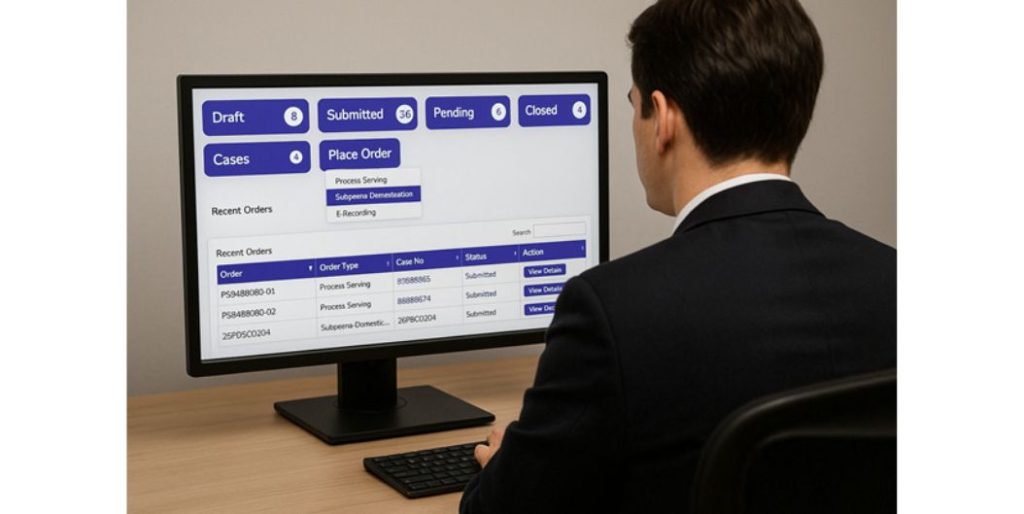Serving a New Jersey subpoena in California isn’t automatic. California law requires you to domesticate it properly under the Uniform Interstate Depositions and Discovery Act (UIDDA). Here’s how to do it correctly and avoid costly mistakes.
If you’re handling a case pending in New Jersey but need testimony, documents, or records from someone located in California, you can’t simply send a New Jersey subpoena across state lines. California courts will not honor it unless it has been domesticated—meaning reissued by a California court.
Fortunately, both New Jersey and California have adopted the Uniform Interstate Depositions and Discovery Act (UIDDA), which creates a simplified process for cross-state subpoena domestication in civil cases.
Here’s how to legally domesticate a New Jersey subpoena for service within California:
You’ll need to gather and prepare the following:
Make sure the California subpoena form is filled out but left unsigned. It will be issued by the clerk of the California court.
File the documents in the Superior Court of the county where the deponent, witness, or records custodian is located. No motion, hearing, or California attorney is required under UIDDA rules.
Check the local filing procedures—some courts allow e-Filing, while others require physical submissions or specific supporting documents.
The filing fee for submitting an Application for Discovery Subpoena (SUBP-030) is $45.00, per California Government Code § 70626(b)(5). Some courts may charge extra for certified copies.
Once issued by the California court, the subpoena must be served according to California law. A registered process server or any qualified non-party over 18 years of age can serve it.
For business records subpoenas, ensure compliance with Evidence Code §§ 1560–1561 regarding timing, notices, and proof of service.
You may need to domesticate a New Jersey subpoena in California if:
At Countrywide Process, we take the stress out of subpoena domestication:
✅ Review and verify your New Jersey subpoena
✅ Prepare the correct California UIDDA documents
✅ File and issue subpoenas through the proper California Superior Court
✅ Handle lawful service of the subpoena on your behalf
✅ Return court-stamped subpoenas and completed proofs of service
Use our Platform to submit your Subpoena Domestication Order or call us at (888) 962-9696 to begin the process today.
Q: Do I need to hire a California attorney to file the domestication?
No. Under UIDDA, you can file the documents without an attorney.
Q: How quickly can I have a California subpoena issued?
Issuance typically takes 1–3 business days, depending on the county and court backlog.
Q: Can I request production of digital evidence?
Yes. Specify clearly if you are requesting electronically stored information (ESI) and the format needed.
Q: Is UIDDA used for criminal subpoenas?
No. UIDDA applies only to civil cases. Criminal subpoenas require different procedures.
Q: What happens if the subpoena is served incorrectly?
Improper service can invalidate your subpoena. That’s why we recommend using professional process servers familiar with California rules.
Lorem Ipsum is simply dummy text of the printing and typesetting industry. Lorem Ipsum has been the industry’s standard dummy text ever since the 1500s, when an unknown printer took a galley of type and scrambled it to make a type specimen book.

Countrywide Process
April 29, 2025